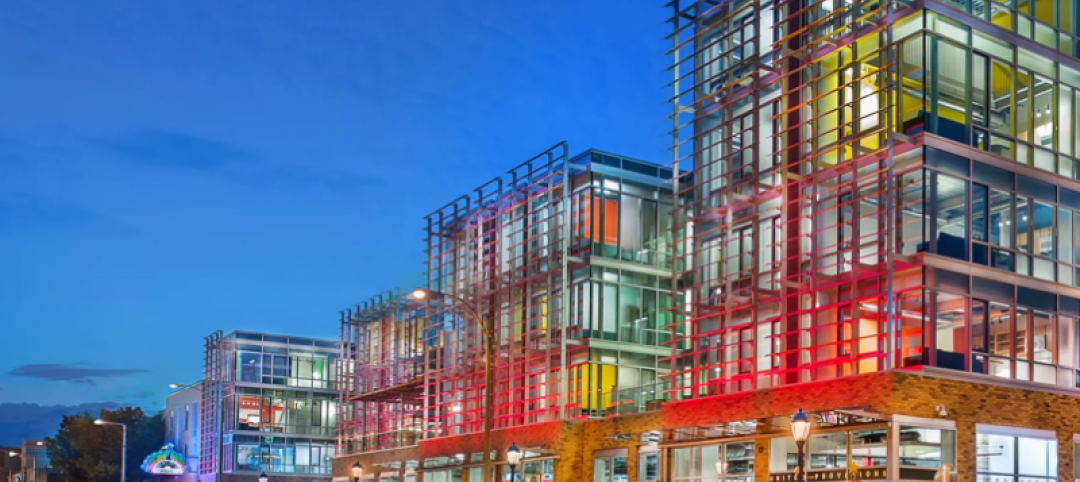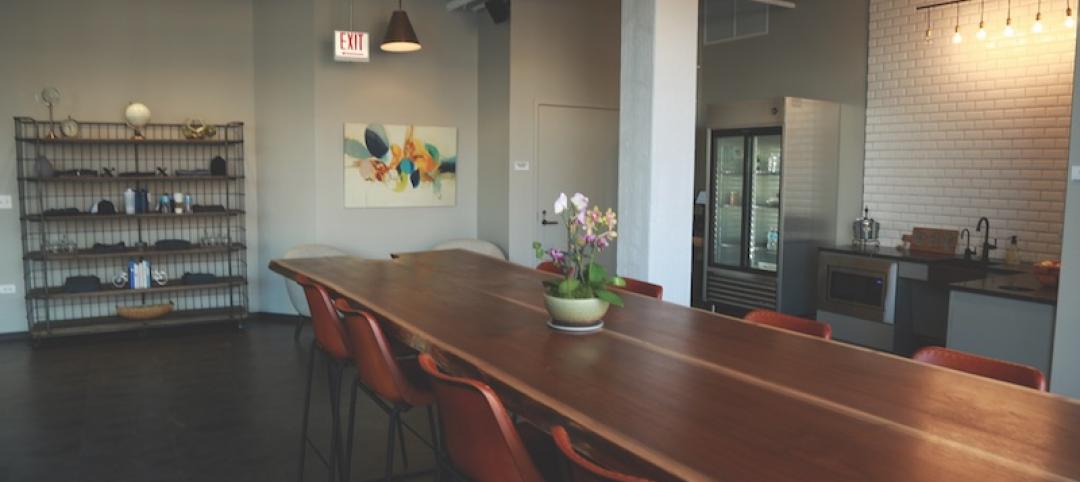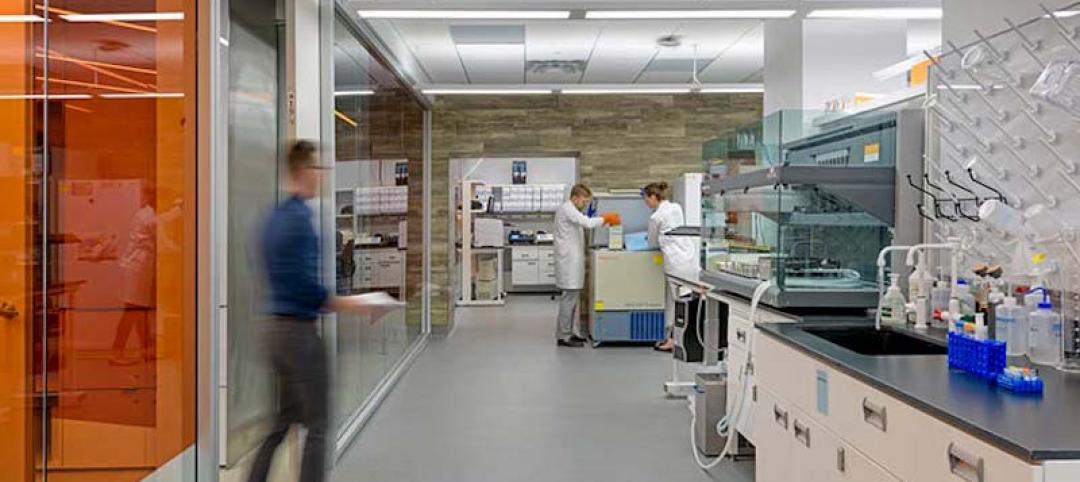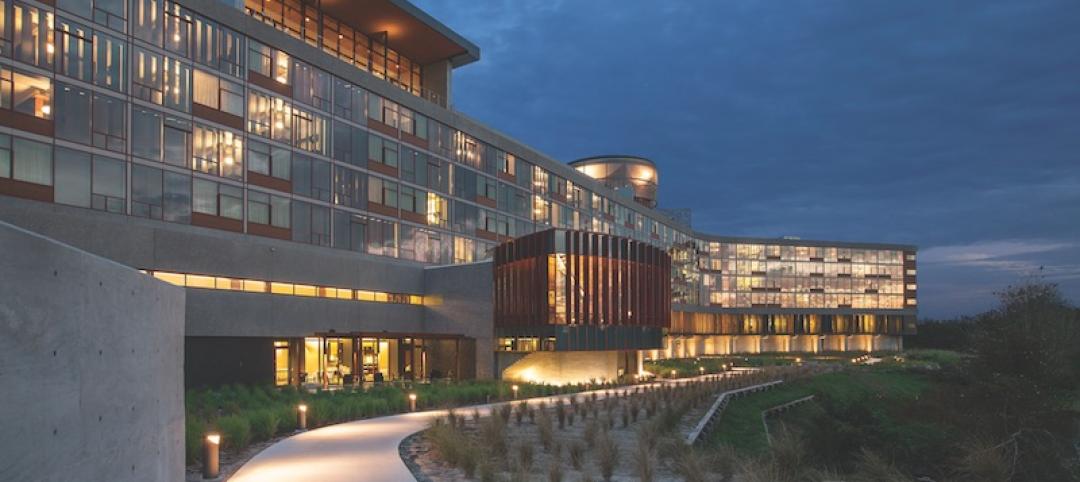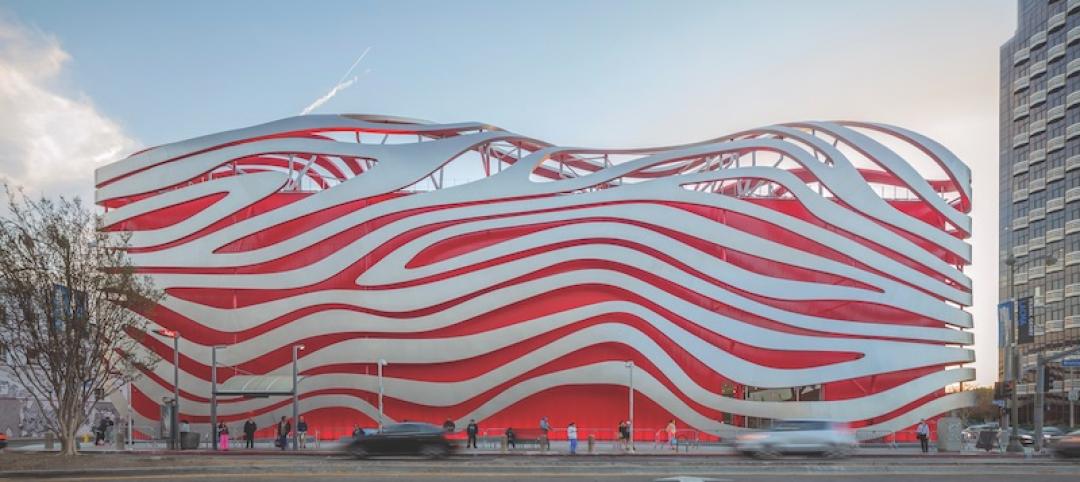The American Institute of Architects (AIA) and the American Institute of Architecture Students (AIAS) committed to timely passage of the National Design Services Act (NDSA), which will give architecture students the same relief from crushing student loan debt, which is already granted young lawyers, doctors and others – in return for community service.
The bipartisan legislation, H.R. 4205, was introduced by Rep. Ed Perlmutter (D-CO) and co-sponsored by Rep. Greg Meeks (D-NY), Rep. Gwen Moore (D-WI) and Rep. Dennis Ross (R-FL).
“Millions of young people aspire to help their communities build a better future – but a lack of opportunity and the crushing cost of education hold them back,” said AIA CEO Robert Ivy, FAIA. “As a result, the design and construction industry faces a severe shortage of talent at exactly the moment America needs to rebuild for the future.
“We commend Congressman Perlmutter for recognizing this issue, for introducing the NDSA and for enlisting his colleagues on both sides of the aisle to work for its ultimate passage,” Ivy said. “I promise that they will have the full resources of the AIA as well as the architecture student community behind them when more than 600 AIA members convene in Washington, D.C. next week as part of the AIA’s annual grassroots conference.”
"The National Design Services Act will help promote sustainable economic development and jobs by ensuring aspiring architects are able to gain valuable experience while giving back to their communities designing public projects such as schools, health clinics, housing facilities and libraries,” said Rep. Perlmutter. “In return, the bill will alleviate some of the barriers new students face as they pursue their dreams in architecture."
“There is no shortage of enthusiasm in our membership for passing this bill,” said Joshua Caulfield, Chief Executive Officer of AIAS. “And we intend to leverage that enthusiasm to the hilt as we go forward and call on our members of Congress.”
Student debt is one of the most critical issues facing the economy – not to mention the next generation of design professionals. Roughly 40 million Americans owe $1.2 trillion in student-loan debt, an amount that surpasses every other type of household debt except mortgage debt. Architecture student graduates come out of school with approximately $40,000 in student loan debt, ranking architecture as one of the disciplines with the highest loan balances in the country.
The NDSA eases this burden by providing loan assistance to architecture students and recent graduates who contribute their design services to underserved areas. The bill would authorize the Department of Housing and Urban Development (HUD) to create a program allowing architecture students to work with Community Design Centers in exchange for assistance with their student loans.
As a result, communities will receive a broad range of architecture services that may not have otherwise been available, and architecture graduates will be induced to stay in the profession.
At a recent meeting of AIAS Milwaukee-Wisconsin where AIA National staff discussed the proposal, architecture students immediately began organizing a phone bank for students to call their members of Congress to urge them to support the bill.
One young architect, Evan Litvin of Philadelphia, has launched an online petition that enlists the support of architects nationwide for speedy passage of the NDSA. The link to that petition can be found here.
Related Stories
Architects | Apr 19, 2017
Tour Zaha Hadid, Frank Gehry architecture with Google Earth
Google Earth’s new ‘Voyager’ feature allows people to take interactive guided tours.
Multifamily Housing | Apr 18, 2017
Three multifamily, three specialized housing projects among 14 recipients of the AIA’s 2017 Housing Awards
2017 marks the 17th year the AIA has rewarded projects and architects with the Housing Awards.
Projects | Apr 17, 2017
BD+C's 2017 Design Innovation Report
Façades that would make Dr. Seuss smile, living walls, and exterior wall space that doubles as gallery space are all represented in this year's BD+C Design Innovation Report.
Healthcare Facilities | Apr 13, 2017
The rise of human performance facilities
A new medical facility in Chicago focuses on sustaining its customers’ human performance.
Laboratories | Apr 13, 2017
How to design transformative scientific spaces? Put people first
While most labs are designed to achieve that basic functionality, a transformational lab environment prioritizes a science organization’s most valuable assets: its people.
Hotel Facilities | Apr 12, 2017
Hotels embrace place
Today’s hospitality environments emphasize unique, localized experiences to attract and engage guests.
Green | Apr 11, 2017
Passivhaus for high-rises? Research demonstrates viability of the stringent standards for tall residential buildings
A new study conducted by FXFOWLE shows that Building Teams can meet stringent Passivhaus performance standards with minimal impact to first cost and aesthetics.
Curtain Wall | Apr 11, 2017
Masters of geometry
Three firms that specialize in façades that curve, twist, and turn see themselves as artisans of the unthinkable.
Office Buildings | Apr 10, 2017
Innovation lab makes developing eye care solutions a collaborative affair
The Shop East innovation lab presents 13,500 sf of workspace across two floors with an emphasis on collaboration.




